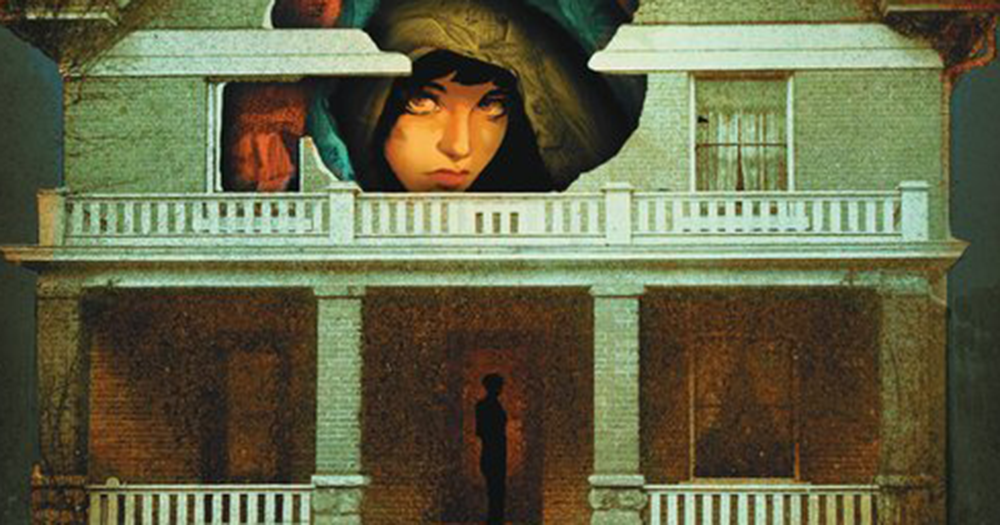Content Warning: Mentions of domestic violence
Stories about LGBTQ+ abuse are rarely told, but that doesn’t mean they don’t exist. Published in 2019, In The Dream House by Carmen Maria Machado is an inventive and extraordinarily candid queer memoir of an abusive same-sex relationship. The events of the book take place in Iowa City, where the author is studying for her MFA.
The book’s intense subject matter is offset by its structure, which uses genre as a mode of interrogation. Rather than a traditional narrative structure, it’s composed of fragments, shards of experience that are devastating in their precision.
One vignette in the queer memoir is called ‘Dream House as Epiphany’ and consists of just one line: “Most types of domestic abuse are completely legal.” Another describes scenes from her experience as if it were a romance novel, a horror story, a stoner comedy. This inventive structure is less a gimmick than a way to access an experience that can’t quite be conveyed through a linear narrative.
Machado includes a section modeled on ‘Choose Your Own Adventure’ books, where readers are instructed to go to a particular page depending on how they react to a scene describing a brewing argument. Would you apologise, placate the abuser or try to fight back?
In the end, it doesn’t matter. Whatever choice you make leads to the same conclusion. In the suffocating reality of abuse, there is no way out.
It’s a beautiful book, too, layered with hauntingly evocative language. She observes “a cat’s instinct for toying with its prey” in her former partner and remembers “the metal tang of fear at the back of her throat”. This queer memoir is raw, guttural and deeply rooted in the embodied experience of trauma.
There’s a unique kind of pain in being abused in a same-sex relationship while the world at large questions your right to exist. Our community continues to fight for our basic human rights. To be called by our chosen names, to live in safety and security, to have access to the healthcare we need.
Our voices and experiences are rarely included in campaigns to end gender-based violence and support services are rarely designed with us in mind. At one point, Machado wishes her abuser had been a man because that would’ve been so much easier to explain.
All people contain darkness. We all have the capacity to be abusive. Machado believes that queer people “deserve to have our wrongdoing represented as much as our heroism, because when we refuse wrongdoing as a possibility for a group of people, we refuse their humanity”.
I first read this book in an exhausted flurry sitting on my couch; eyes open too wide, heart pounding. I found it not long after I left a toxic situation. It wasn’t a romantic relationship, but I had enough in common with her story to make me shake and cry as I read.
It is a public service to put language to something that exists only as terror and trauma and devastation. I related too much to the consciousness Machado created on the page, a mind trying to grasp the full scale of what they’ve experienced.
In that way, it was a wrenching read, but ultimately a hopeful one. Because here she is, capturing her story on the page, showing that there is a way to survive.
Clare Egan is a queer freelance writer based in Dublin. She writes a regular newsletter on writing, queer life and everything in between.
© 2023 GCN (Gay Community News). All rights reserved.
Support GCN
GCN is a free, vital resource for Ireland’s LGBTQ+ community since 1988.
GCN is a trading name of National LGBT Federation CLG, a registered charity - Charity Number: 20034580.
GCN relies on the generous support of the community and allies to sustain the crucial work that we do. Producing GCN is costly, and, in an industry which has been hugely impacted by rising costs, we need your support to help sustain and grow this vital resource.
Supporting GCN for as little as €1.99 per month will help us continue our work as Ireland’s free, independent LGBTQ+ media.
